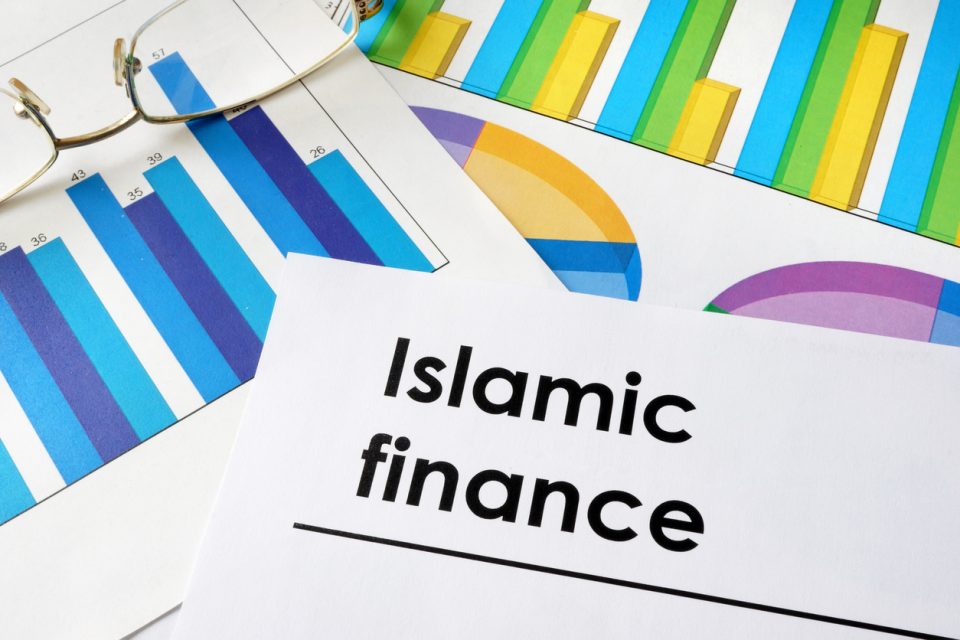On Monday, Saudi Arabia’s Ministry of Finance announced that it had raised SAR17 billion ($4.5 billion) in its first domestic sukuk issuance under a newly established local currency government sukuk program. The issuance is credit positive for Saudi banks because their profitability will benefit from the transfer of their large, low-yielding reserves of cash and placements with the Saudi Arabian Monetary Authority (SAMA) and banks to higher-yielding government Islamic bonds. Additionally, the issuance will help address a shortage of shariah-compliant liquidity management instruments for Islamic banks and support the development of a domestic sukuk market by establishing a yield curve.
The sukuk program comes at a time when Saudi Arabia faces large funding requirements to finance a budget deficit that we forecast will equal 10.7% of GDP in 2017, and follows the country’s inaugural international sukuk of $9 billion in April 2017. Following a decline in oil prices, Saudi Arabia has had to draw down its reserve assets and resort to a mix of domestic and external debt to fund its deficit. In July 2015, the government resumed the sale of domestic bonds (SAR195 billion in total), but suspended the sales in October 2016 after the issuances crowded out private-sector credit and tightened Saudi banks’ liquidity. We expect that Saudi banks will be in better position to absorb domestic sukuk issuance over the next 12-18 months because their liquidity has improved and credit growth has slowed.
As of May 2017, Saudi banks’ cash balance with SAMA (in excess of statutory reserves) was SAR109 billion (or more than 6x the amount of sukuk issuance), up from SAR53 billion a year earlier. Banks’ credit contracted 0.9% over the same period, after increasing by 9.5% a year earlier, driven by fiscal consolidation affecting economic growth. However, the combination of large stocks of liquid assets and low loan growth took a toll on banks’ net profits. In first-quarter 2017, banks reported a 2.8% drop in net income versus year ago levels. We expect the issuance of Islamic bonds to allow banks to transfer their excess cash reserves to government instruments, which attract a better return and will help banks’ profitability.
In addition to boosting profitability, a new sukuk programme will provide a deeper pool of shariah compliant securities to facilitate liquidity management for domestic Islamic banks. Facing a shortage of shariah-compliant investments that they can hold for liquidity purposes, Islamic banks tend to maintain higher levels of low-yielding cash and Islamic interbank placements on their balance sheet than their conventional peers, which curbs their profitability. As of March 2017, Saudi Islamic banks’ holdings of cash and placements with SAMA and banks equalled 20% of their total assets, versus 16% for conventional Saudi banks, while their investment portfolios accounted for only 8% of their asset base, versus 20% for conventional Saudi banks. We expect that sukuk issued under the program, like other traditional government-backed instruments, will be eligible for repo with SAMA for banks to access cash liquidity

